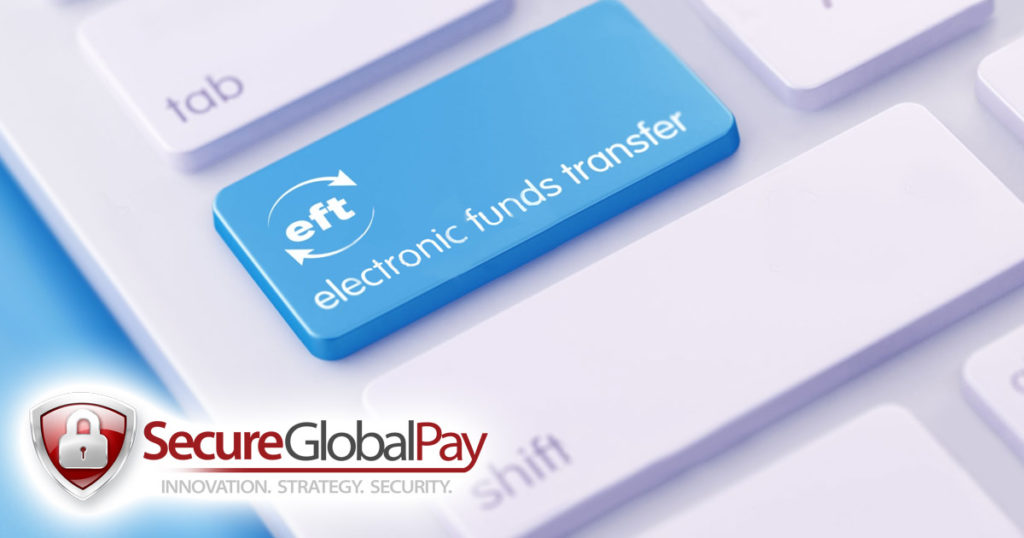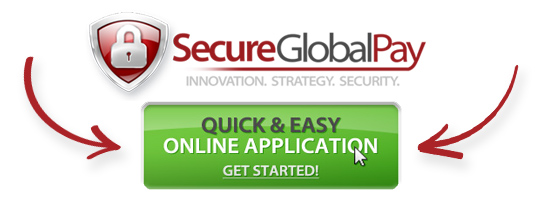
EFT and ACH Transactions – What Are They?
Banking in the Internet Age
It’s a popular expression: “Money is a medium of exchange.” And nothing could be more true. Since its earliest days, the mission of currency and banking institutions has been to support the exchange of goods and services. The ability to access one’s bank, a relatively simple thing, once depended on its hours of operation during business days. Accessing one’s bank account, savings account or investment accounts was essential prior to undertaking any sort of transaction. Sometimes, in the case of e-Checks, this also depended on access to the postal system. The act of sending or receiving cash changed fundamentally with the internet via an eCheck merchant account. As the World Wide Web has evolved into the world’s biggest marketplace, Electronic Payments for internet transactions and finance solutions have proliferated. Many transactions vast and small now take place instantaneously in real time via EFT & ACH transactions.
Internet Purchases – “EFT Transactions”
Paying for goods and services over the internet has become simpler as technology has evolved. With each passing year, new pathways and security protocols are developed to facilitate commerce. From a computer terminal, a consumer can simply press a button and make a purchase. But what looks simple to the consumer is, in fact, not simple at all.
Any monetary transaction that takes place over the internet involves a collaboration of entities. The transaction itself is a journey. From beginning to end, the consumer’s transaction incorporates banks, financial institutions and government sectors. e-Checks have come a long way since the simple paper check.
Credit card transactions are arguably the most popular form of payment over the internet. Fast, reliable and convenient, credit card transactions utilize a well-developed pathway of secure information exchange.
But e-Checks and check-based alternatives still exist and are making a comeback. This is due to two relatively new ways of handling check-style payments electronically known as EFT and ACH Transactions. Electronic Funds Transfer (EFT) and Automated Clearing House payments (ACH) represent the next frontier of payment systems.
EFT and ACH Payments
EFT and ACH payments facilitate electronic e-Check transactions and collections by offering a digital alternative to the traditional paper check.
There is typically a charge associated with check-based transactions.
These charges often go unnoticed by the consumer as they are relatively minor. But these costs can add up over time. The government, a large user of the EFT transactions and ACH (Automated Clearing House-ACH) technology, estimates a cost of $0.86 to issue each paper check. The cost of an EFT payment could be as low as $0.09 per transaction, depending on how it’s processed through the ACH network.
In addition to costing money, checks also cost time. In addition to being safe and cheaper than paper checks, EFT and ACH transfers are virtually instantaneous. Electronic transfers make transactions more efficient and convenient by significantly reducing paperwork.
Direct EFT & ACH
Because the government has incorporated EFT and ACH payments into its financial management system, a pathway exists for businesses to follow. Direct EFT and ACH transactions use the government-industry’s clearinghouse function to enact monetary transfers electronically without paper checks.
EFT and ACH transactions may include paychecks and payments to contractors or vendors. Consumers can utilize EFT and ACH to pay for everything from products to mortgage loans and all sorts of bills.
Save time and money. Use ACH to collect from customers online instead of via credit or debit cards. When shopping for systems, software, and products for the online environment, include EFT and ACH Direct payment options in your planning.
Stay current. Keep your competitive edge.
EFT in General
If you’ve ever received a direct deposit of a paycheck or tax refund, you’ve used EFT. This method is popular with government agencies. Sending an EFT payment costs a fraction of what it costs to print and mail a check.
EFT eliminates the barriers between written checks and business bank accounts. Stolen checks, postal misadventures or mishandling by a recipient can interrupt a check’s journey. With EFT, funds are usually immediately available and always more secure.
EFTs also have the flexibility to be used for multiple types of transactions. Credit and debit card transactions, automatic-teller withdrawals, mail orders, phone and internet purchases can all be handled by EFT.
The New Frontier – EFT & ACH
At SecureGlobalPay, we are experts in supporting businesses that use the internet. Whether yours is a brick-and-mortar store or an online empire run from a computer terminal, we have the experience, technology and understanding to help you succeed.
SecureGlobalPay is well-versed in the world of EFT and ACH transactions. Let us help you meet all your internet based merchant account needs. Call us today to inquire about EFT and ACH services.




